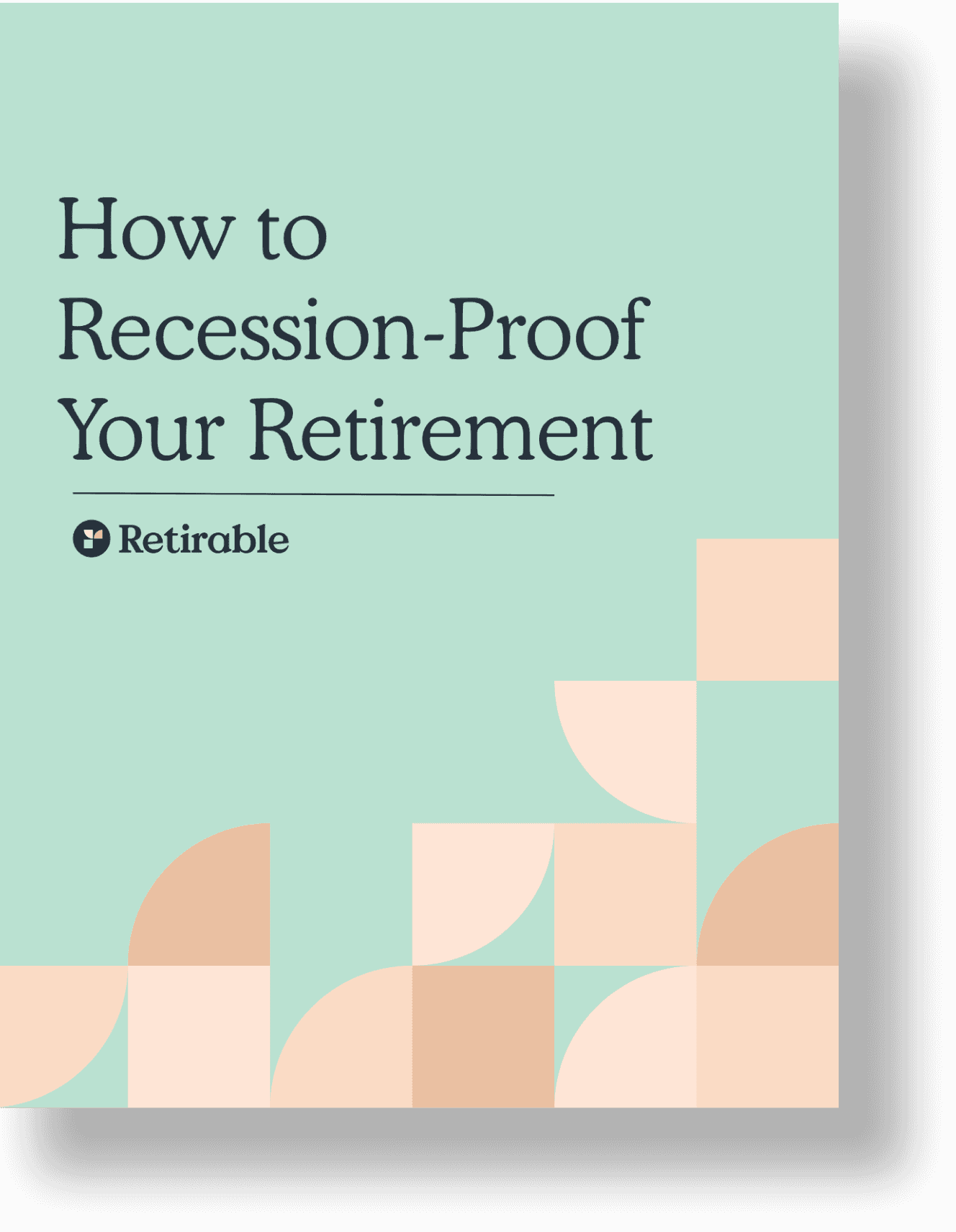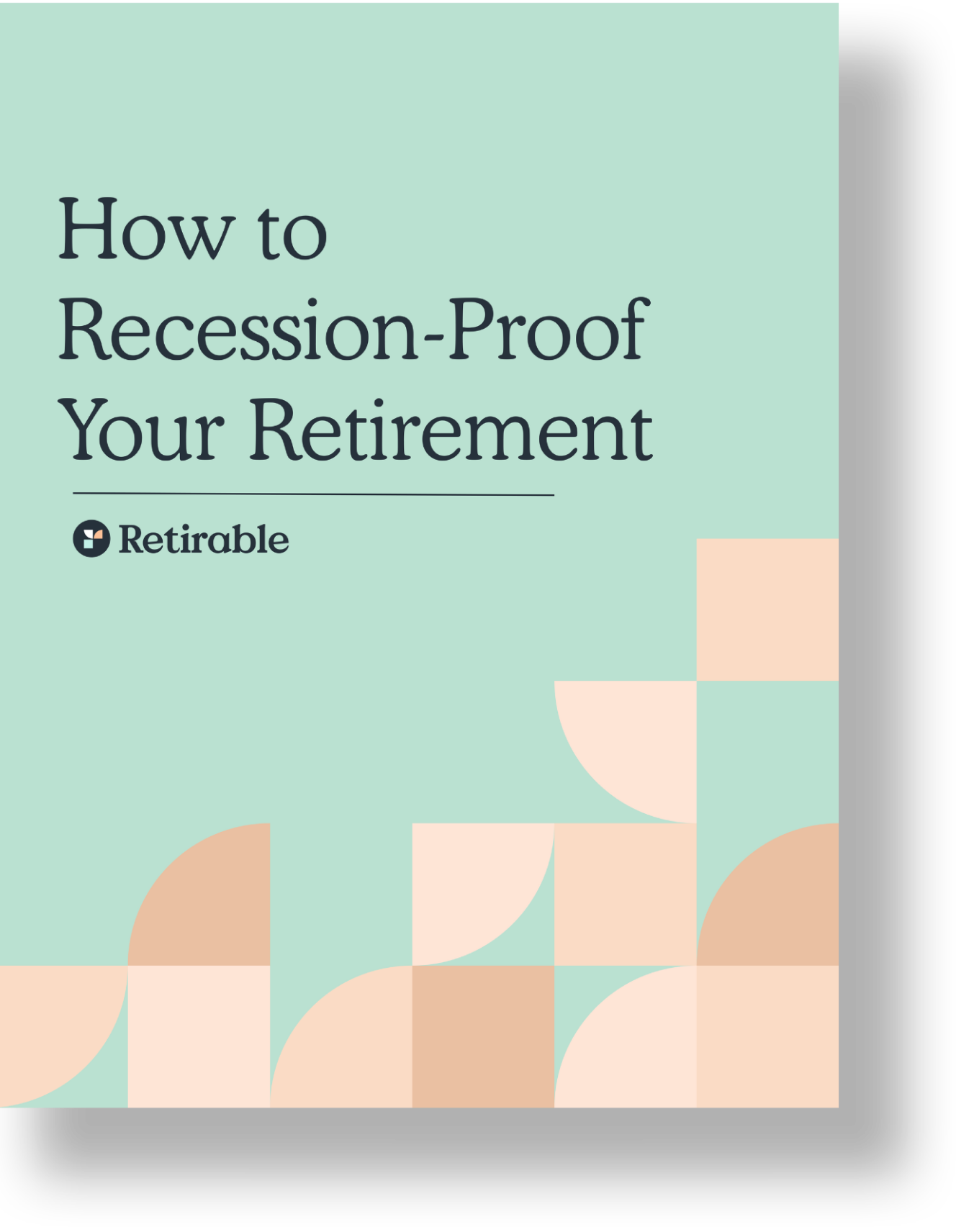Lifestyle
As inflation has most Americans cutting back on spending, the government has released some tax breaks to help ease the pain and, with any luck, lower your taxes in 2023.

C.E Larusso
•
Published March 8th, 2023
Table of Contents
Key Takeaways
Tax brackets aren’t changing, but the income thresholds are—meaning you could find yourself in a lower bracket
401(k) contributions are also going up so you can save more for the future
The COLA change for social security benefits has been announced as 8.7%; this could put you in a higher tax bracket
The prices of eggs, meat, and other groceries continue to climb, as they do for housing, utilities, and gas. As inflation has most Americans cutting back on spending, the government has released some tax breaks to help ease the pain and, with any luck, lower your taxes in 2023.
How Inflation Might Impact Your Taxes
As inflation continues to cause big jumps in the prices of food, gas, and other items, the Internal Revenue Service (IRS) is planning to make adjustments that could result in lower taxes for you next year.
While the income tax rates will not change, the earnings thresholds at different tax brackets will go up. This means that you might find yourself in a lower tax bracket next year than this year, which equates to a fatter paycheck in your pocket.
In addition, the standard deduction will be rising significantly in 2023. The standard deduction is always adjusted for inflation, but to keep pace with the past two years, the deduction will make a sizable increase, from $12,950 to $13,850 for single filers and up to $27,700 (from $25,900) for married/joint filers.
What Inflation Means for Tax Brackets
Every October, the IRS releases changes to tax provisions. The adjustments are calculated against the Chained Consumer Price Index for All Urban Consumers (C-CPI-U) and are meant to prevent bracket creep, which happens when inflation pushes individuals into higher income brackets. This increases their taxes, but decreases their purchasing power.
You might see a small bump in salary, but your take-home pay, with bracket creep, would stay the same since you would fall into a higher tax bracket. At the same time, housing, food, and transportation costs steadily increase.
Because inflation has jumped so high in the past two years—thanks to the COVID-19 pandemic, the war in Ukraine, and other variables—the IRS has made significant adjustments to the income thresholds for the brackets in 2023. So you might be able to stay in a lower tax bracket, or receive a raise and stay in the bracket you’re in, depending on your income.
2023 Tax Bracket for Single Filers
| Tax Rate | Income Is Above: |
|---|---|
| 37% | $578,125 |
| 35% | $231,250 |
| 32% | $182,100 |
| 24% | $95,375 |
| 22% | $44,725 |
| 12% | $11,000 |
| 10% | Under $11,000 |
2023 Tax Bracket for Married/Joint Filers
| Tax Rate | Income Is Above: |
|---|---|
| 37% | $693,750 |
| 35% | $462,500 |
| 32% | $364,200 |
| 24% | $190,750 |
| 22% | $89,450 |
| 12% | $22,000 |
| 10% | Under $22,000 |
2023 Tax Bracket for Head of Household Filers
| Tax Rate | Income Is Above: |
|---|---|
| 37% | $578,100 |
| 35% | $231,250 |
| 32% | $182,100 |
| 24% | $95,350 |
| 22% | $59,850 |
| 12% | $15,700 |
| 10% | Under $15,700 |
Inflation & Tax Considerations in the United States
Besides the tax bracket adjustments, there are other changes to taxes that you should know about heading into 2023.
Standard Deductions
The standard deduction is for those who don’t wish to itemize their taxes (and list things like charitable donations, medical bills, etc.).
For those who are married/filing jointly, the standard deduction will jump from $25,900 to $27,000 For single filers, the deduction rises from $12,950 to $13,850. Those filing as Head of Household will have a deduction of $20,800 in 2023, up from $19,400.
Each of these increases represents a roughly 7% jump. Most people choose the standard deduction, over the itemized one, 401(k) and IRA Contribution Limits The IRS will additionally be raising the contribution limits for 401(k) plans and IRAs. In 2023, the contribution limits for 401(k)s, 403(b)s, many 457 plans and Thrift Savings Plans will be $22,500, compared to $20,500 in 2022.
If you are over age 50, you are eligible for catch-up contributions as well, allowing you to contribute over the $22,500 limit for the year. The catch-up contribution limit for 401(k)s in 2023 will be $7,500, which is a $1,000 jump from 2022. This means that those over 50 can contribute up to $30,000 in total.
For IRAs and Roth IRAs, the contribution amount will increase from $6,000 to $6,500. Roth IRAs have income ceilings, so if you make above a certain income you are eligible for reduced contributions; above the threshold, and you are not eligible. In 2023, the income threshold for single filers is $138,000 to $153,000; for married couples, it is $218,000 to $228,000.
Capital Gains
The long-term capital gains tax rate applies to the sale of any stocks, mutual funds, or other capital assets held for over one year. The rate is either 0%, 15%, or 20%, depending on how much income you make. The higher your income, the higher the capital gains tax. In 2023, the income brackets for capital gains taxes will adjust for inflation; you’ll need to make at least $44,626 as a single filer to be taxed at all, which is a jump from $41,675 in 2022.
| Long-term Capital Gains Tax Rate | Taxable Income (Single Filer) | Taxable Income (Married, Filing Separately) | Taxable Income (Head of Household) | Taxable Income (Married, Filing Jointly) |
|---|---|---|---|---|
| 0% | Up to $44,625 | Up to $44,625 | Up to $59,750 | Up to $89,250 |
| 15% | $44,626 to $492,300 | $44,626 to $276,900 | $59,751 to $523,050 | $89,251 to $553,850 |
| 20% | Over $492,300 | Over $276,900 | Over $523,050 | Over $553,850 |
The tax rate on short-term capital gains (any asset held for under one year before being sold) is the same rate as your income tax.
Health Expense Accounts
The amount you can contribute to your health savings account will also go up in 2023.
Next year, an individual (with self-only coverage) can contribute up to $3,850. For those with family coverage, the contribution amount will max out at $7,750. This is up from $3,650 and $7,300 in 2022, respectively. The catch-up contribution amount for those 55 and older has not changed—it’s $1,000.
Contributions to your HSA are made on a pre-tax basis, so you can accumulate funds year after year to pay for prescription medications, doctor co-pays, and other healthcare premiums tax-free.
Social Security Benefits
The COLA (cost-of-living adjustment) for 2023 has been announced as 8.7%. This means that those collecting social security benefits will see 8.7% more in each payout. Ideally, with the changes to the income threshold for taxation, this increase won’t push you into a higher tax bracket.
Final Thoughts
While these governmental provisions and tax changes are meant to protect working Americans, it’s impossible to say whether or not you’ll pay more or less taxes in 2023. The final tally depends on how many assets you own, their value, your deductions, your family situation, and much more. If you do foresee a lower tax bill, or better yet, a refund—make sure you have a plan to invest any extra cash in your pocket—a financial advisor can help you make those tough decisions.
Share this advice

A professional content writer, C.E. Larusso has written about all things home, finance, family, and wellness for a variety of publications, including Angi, HomeLight, Noodle, and Mimi. She is based in Los Angeles.
Share this advice

A professional content writer, C.E. Larusso has written about all things home, finance, family, and wellness for a variety of publications, including Angi, HomeLight, Noodle, and Mimi. She is based in Los Angeles.
Free Retirement Consultation
Still have questions about how to properly plan for retirement? Speak with a licensed fiduciary for free.






